Last Quarter: Blood on this ground

Hello. It's Friday. As warned last week, I am not in a position to really write a full-bodied post today, but given what I had originally planned for the week's writing I would feel remiss if I wrote nothing at all. So I have a short prelude, and then a collection of readings, viewings, and recommendations, all being things that other people have handled better than I could, and most of these people are indigenous to Turtle Island or other anglo-colonized lands.
It is impossible to live within the artificial borders of the United States and not be confronted each Thanksgiving by how the colonialist mythmaking around that holiday enables a tendency to think of historical settler-indigenous relations as fundamentally peaceful instead of genocidally violent. For those of us who count as settlers on so many different tribes' occupied territories, it's still easy to ignore the problem — either not thinking about it at all, or feeling guilty but trying to focus on Thanksgiving as "just" being a nice time to eat food and see family (chosen or not) — but this does not erase the massacres and abuses that our ancestors took part in or benefited from, and it also does not stop indigenous people from still living here, still having complex existences, still needing access to their traditional lands. For my part, yesterday as usual I took advantage of having a day off from work, including making a big meal because of having the time and resources, and I think it's excellent that more and more people are aligning their festivities toward "Friendsgiving" or anything else that uncouples the holiday from the whitewashed narrative of Pilgrim and Wampanoag holding hands; however, while there's no harm in these approaches, I also consider this an important time of year[1] for taking more direct steps to decolonize this blood-soaked land, our lives, and our very minds.
I am assuming if you're reading here that you do not need convincing of the very basics of indigenous land rights and more. However, I offer the following selection of material for a more radical understanding of the situation at hand — and also for some hope. Acknowledging past and present violations must also come with acknowledging indigenous survival, with listening to voices of people who are very much enduring.
And besides offering all of this to you, I offer it to myself. A reminder. This is crucial death work: reckoning with death inflicted and avoiding more death to come.
Reading
• "Decolonization is not a metaphor," by Eve Tuck and K. Wayne Yang. A long read but a foundational one if you haven't encountered it yet.
• United American Indians of New England, organizers of the National Day of Mourning event in Plymouth. The annual event was held yesterday, but in addition to the site linking footage from the livestream, there is additional reading about the nature of this event and indigenous history in this region.
• Native Hope on MMIW (Missing & Murdered Indigenous Women). Among indigenous populations on this continent there is a centuries-old epidemic of pronounced violence against women in particular. If you aren't familiar with this phenomenon, please learn about it and bear it in mind as a cornerstone of modern indigenous struggles.
• The Klamath River has had dams removed that now allow for salmon to return and hopefully help to save that ecosystem. This is a monumental intersection of climate justice and indigenous justice in the Pacific Northwest.
Viewing
• Lyla June Johnson (Diné/Navajo & Tsétsêhéstâhese/Cheyenne) on human custodial relationships to the Earth: "3000 year old solutions to modern problems."
• Rune Hjarnø Rasmussen on the sort of work indigenous voices are calling on non-indigenous people to be doing: "Answering the indigenous call."
Other recommendations
• Robin Wall Kimmerer's book Braiding Sweetgrass. Available everywhere but I always recommend bookshop.org.
• Philip Deloria's book Playing Indian. Again, please try bookshop.org if you don't have a local store.
• White Awake's online anti-racist and decolonial courses are the best model I've ever encountered for helping white settlers integrate such topics with class consciousness and (spi)ritual living. Their leadership and speakers also come from a variety of backgrounds that help push most of the educational responsibility into a white-to-white format without removing multiracial oversight from the process. See their offerings here; I strongly endorse their winter course "Before We Were White." If we know each other in person, you experience a similar degree of white and settler privileges to myself, and you have been trying to figure out how to decolonize your witchcraft or related practices, please consider this recommendation lovingly targeted at you in particular.
• Tyson Yunkaporta's podcast The Other Others is a better introduction at this point to his ideas than Sand Talk was, and it comes with the bonus of dozens of other indigenous voices featuring over the years. I recommend starting relatively near the beginning and working forward.
• The documentary Reel Injun (2009) by Neil Diamond (Néhinaw/Cree) is an excellent overview of the role that Hollywood depictions have played in white/mainstream understandings of indigenous Americans.
• Martin Scorsese's film Killers of the Flower Moon (2023) had me skeptical at first because I have usually disagreed with how Scorsese depicts women, I even consider most of his filmmaking overrated, and I didn't trust a white storyteller to appropriately portray the Reign of Terror as it unfolded for the Wazhazhe/Osage people. However, a few indigenous critics themselves piqued my curiosity, and when I did watch it I was overwhelmed by just how effective, beautiful, agonizing, and wise this film really was. This is more extremely well-made white-to-white education that had its own indigenous oversight. Please try to watch it — and sit in silent reflection afterward.
[1] Not that there is ever a wrong time of year for this.
Thank you for reading, and I hope you can take the time to absorb what's been linked. Next week I hope to be able to write my own material again, and I'll be focusing on the ecstatic ritual potential of music. The week after, I'll have some thoughts on the art of candle-making.
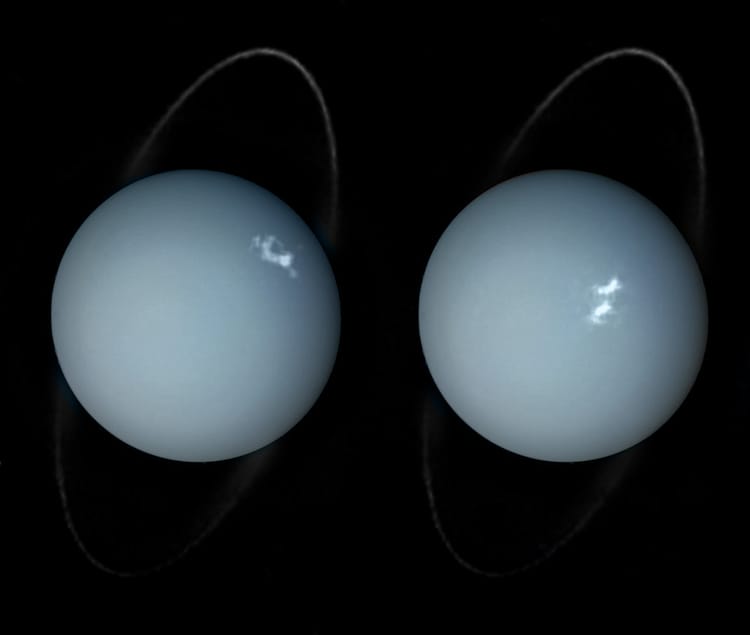
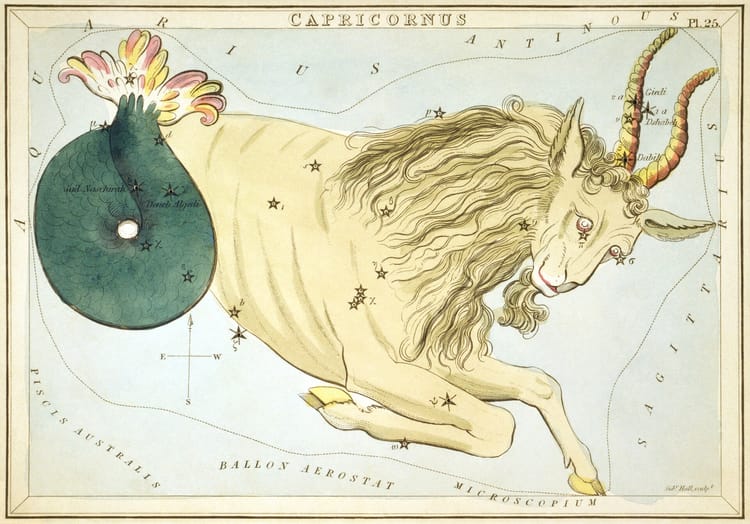
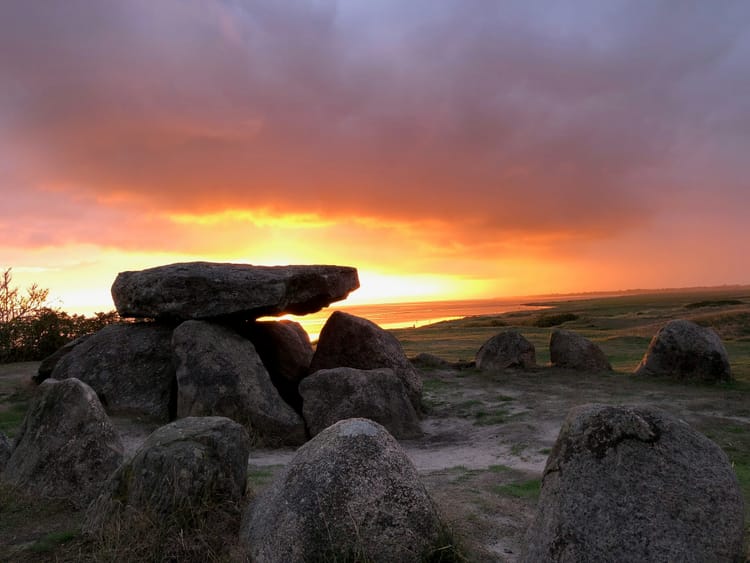
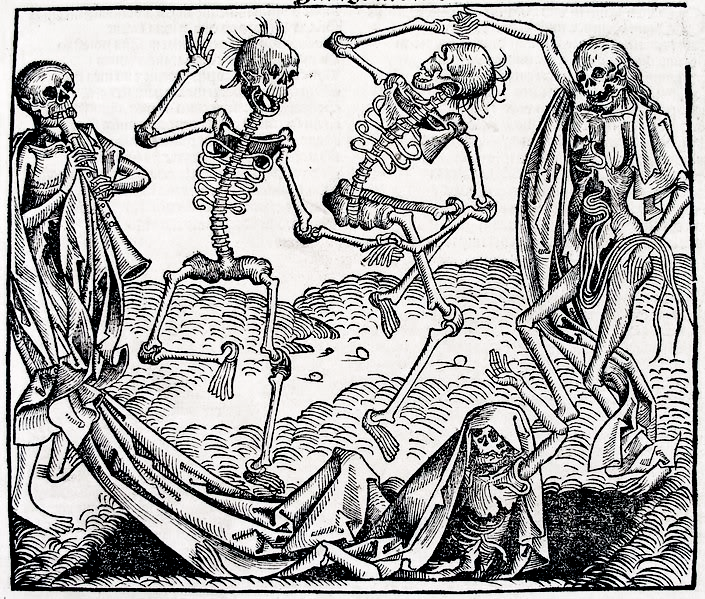
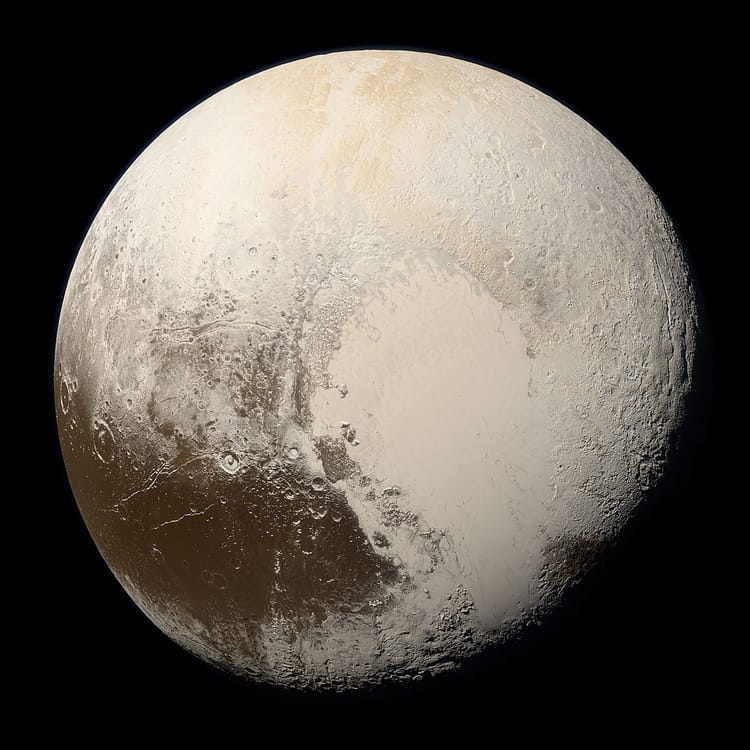
Member discussion